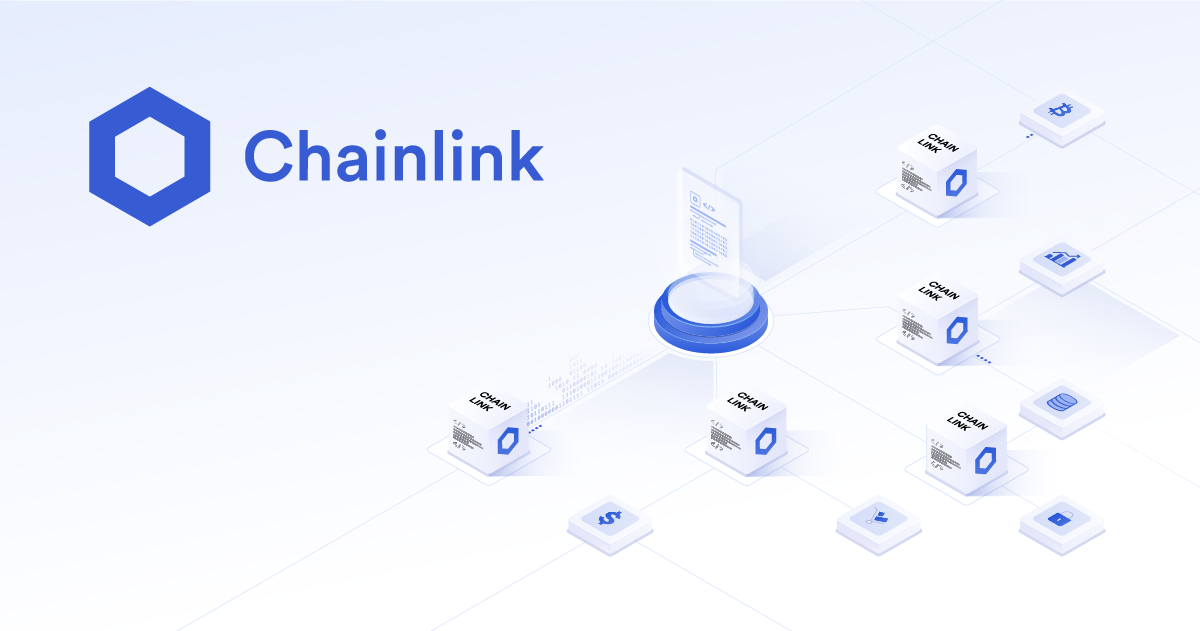Mode of Operation
Chainlink (LINK) is a decentralized oracle network and cryptocurrency that aims to bridge the gap between smart contracts and real-world data. It was created to enable smart contracts on various blockchain platforms to interact with external data sources, APIs, and traditional financial systems. Here is a detailed look at Chainlink, including its owner, uses, working principles, limitations, current value, and how to buy and sell the coin.
1. Owner: Chainlink is an open-source project, and there isn’t a single owner or central organization that controls it. It’s managed and developed by a distributed community of developers and contributors. Sergey Nazarov and Steve Ellis are among the key figures behind Chainlink.
2. Uses: Chainlink serves several purposes within the cryptocurrency and blockchain ecosystem:
- Oracle Services: Chainlink is primarily used to provide oracle services, connecting smart contracts on various blockchains to real-world data and events. This enables smart contracts to interact with data such as price feeds, weather information, and more.
- Decentralized Finance (DeFi): Many DeFi applications rely on Chainlink’s oracles to fetch price data for assets and execute complex financial operations automatically.
- Cross-Chain Functionality: Chainlink can facilitate data transfers and interaction between different blockchains, enhancing interoperability.
3. Working Principles: The key principles of Chainlink are based on its decentralized oracle network:
- Nodes: Chainlink operates a network of nodes that retrieve, validate, and deliver external data to smart contracts. Node operators are incentivized by receiving LINK tokens for their services.
- Security and Trust: Chainlink employs various security measures, including multiple oracles and data aggregation, to ensure the integrity of the data. This minimizes the risk of a single point of failure or data manipulation.
- Decentralization: Chainlink aims to be as decentralized as possible to reduce vulnerabilities and dependencies on specific entities. Data is sourced from multiple oracles to prevent manipulation.
4. Limitations:
- Data Quality: Chainlink’s reliability is dependent on the quality and accuracy of the data sources it connects with. Ensuring high-quality data is a challenge.
- Competition: The oracle space is competitive, with other projects, including Band Protocol, also offering similar services. Chainlink’s success depends on its ability to maintain a strong market position.
- Regulatory Environment: Like all cryptocurrencies, Chainlink’s regulatory status varies by jurisdiction and can impact its use and growth.
5. Current Value: The value of Chainlink (LINK) can be highly volatile, subject to market dynamics. For the most up-to-date value, you can check cryptocurrency exchanges, market tracking websites, or financial news sources.
6. How to Buy and Sell Chainlink: To buy and sell Chainlink (LINK), follow these general steps:
a. Choose a Cryptocurrency Exchange: Select a reputable cryptocurrency exchange that supports LINK trading. Common exchanges for LINK include Binance, Coinbase, Kraken, and Bitfinex.
b. Create an Account: Sign up for an account on your chosen exchange and complete any required identity verification.
c. Deposit Funds: Fund your exchange account using methods such as bank transfers, credit/debit cards, or other cryptocurrencies.
d. Place an Order: Use your deposited funds to place a buy order for LINK at the current market price or set a specific price if you want to wait for a better deal.
e. Secure a Wallet: Consider transferring your LINK to a secure cryptocurrency wallet, such as a hardware wallet or a software wallet that supports ERC-20 tokens (most Chainlink tokens are based on the Ethereum blockchain).
f. Selling Chainlink: To sell LINK, place a sell order on the exchange when you decide to do so. You can exchange it for another cryptocurrency or fiat currency, depending on the trading pairs available on the exchange.
Always conduct thorough research and exercise caution when investing in cryptocurrencies, and ensure that you are aware of the regulatory environment in your jurisdiction. Cryptocurrency markets can be highly volatile, and it’s important to only invest what you can afford to lose.



